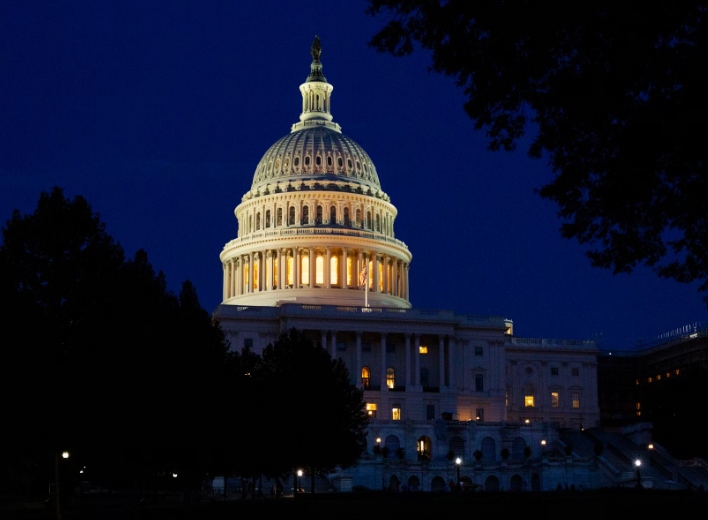Human Rights Watch (HRW) is a prominent international non-governmental organization (NGO) that claims to be dedicated to protecting and promoting human rights worldwide. Founded in 1978, HRW has gained significant influence and recognition over the years. However, a critical analysis of their impact on international human rights reveals several concerning aspects.
Firstly, HRW’s funding sources raise questions about its impartiality and independence. The organization relies heavily on donations from private individuals, foundations, and governments. While this financial support is necessary for HRW’s operations, it can potentially compromise its objectivity. Funding from governments, in particular, can create conflicts of interest and influence HRW’s priorities and advocacy efforts. Critics argue that this dependence on external funding undermines HRW’s ability to act as a neutral and unbiased human rights monitor.
Secondly, HRW’s methodology and research practices have faced criticism. The organization often relies on anecdotal evidence, testimonies, and interviews, which can be subjective and prone to bias. While firsthand accounts are important, HRW’s reports sometimes lack the necessary corroboration or verification of facts. This raises concerns about the accuracy and reliability of their findings. Moreover, HRW’s selection of cases and issues to investigate has been questioned, with accusations of selective focus and political bias. Some argue that HRW tends to prioritize certain countries or issues while neglecting others, based on political considerations rather than objective assessments of human rights violations.
Furthermore, HRW’s advocacy approach has been criticized for its lack of nuance and context. The organization often adopts a confrontational and sensationalist style in its public statements and reports, which can oversimplify complex situations. Critics argue that this approach, aimed at attracting media attention and public outrage, can hinder constructive dialogue and impede the resolution of human rights issues. HRW’s tendency to use inflammatory language and make sweeping generalizations can also undermine its credibility and effectiveness as a human rights advocate.
Additionally, HRW’s engagement with governments and international institutions has faced scrutiny. While HRW claims to work collaboratively with governments and international bodies to promote human rights, critics argue that it often takes an adversarial approach, alienating potential partners. This confrontational stance can limit HRW’s ability to influence policy and achieve meaningful change. Building constructive relationships with governments and institutions, even those with problematic human rights records, can be more effective in the long run than solely relying on public pressure and condemnation.
In conclusion, while HRW has undoubtedly played a significant role in highlighting human rights abuses worldwide, a critical analysis reveals several concerns about its impact on international human rights. Issues related to funding sources, methodology, advocacy approach, and engagement with governments and institutions raise questions about HRW’s independence, objectivity, and effectiveness. For HRW to truly fulfill its mission, it should address these concerns and strive for greater transparency, inclusivity, and fairness in its work. Only then can HRW make a more meaningful and lasting impact on promoting and protecting human rights globally.





